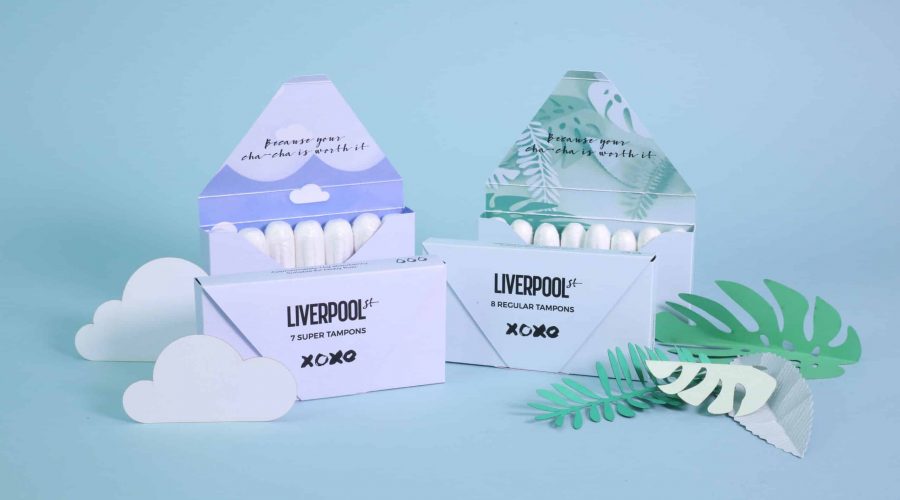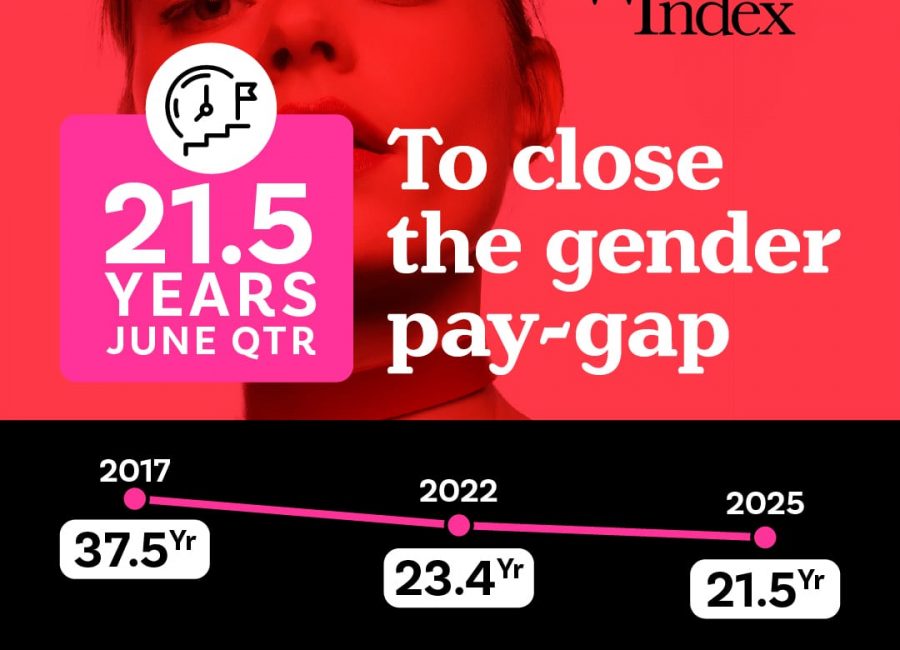Tampons might not be tax free, or even tax deducible but they do have a new champion to fight for the women who use them every bloody day.
In a first, one of the country’s peak tax bodies is now calling on the federal health minister to scrap the Goods and Services Tax (GST) on tampons.
The Tax Institute says it’s “firmly” of the view that GST imposed on women’s sanitary products, which is tampons and pads, should be “removed” by designating that class of goods as GST free just like condoms.
It’s a significant move for the group that represents some 12,000 tax experts to air their views on the tampon tax, particularly when you consider they study tax rules day in day out.
Professor Robert Deutsch Senior Tax Counsel with the Tax Institute says Federal Health Minister Greg Hunt has the power to change the rules and should do it.
“The Federal Health Minister has the authority to make a determination to that effect under section 38-47 of the relevant GST Act,” says Professor Robert Deutsch Senior Tax Counsel with the Tax Institute.
“It can quite reasonably be said that the use of such products is a matter of general and public health.”
The Australian Tax Office says that removing the GST on tampons constitutes a change to the GST base, and is only possible with the unanimous agreement of all States and Territories.
Currently tampons are excluded as a health product which would otherwise make them GST exempt, and are unofficially classed as a luxury item under tax rules. Can you believe that! Women’s sanitary products are a luxury.
Professor Deutsh added that “the rationale for treating tampons or sanitary products as GST free under the broad umbrella topic of health related products is sound.”
Other products given GST free status under that section include condoms, folic acid preparations and certain strength sunscreens.
The tampon tax was put back in the headlines after Greens co-Deputy Leader Larissa Waters raised the issue in the Senate by trying to link it to a bill which would see GST applied to imported goods worth $1000 or less.
The major political parties argued the tampon tax should not have been raised as part of the debate on imported goods.
But it seems that the tampon tax is a real money spinner for the government and that’s the real sticking point.
Given that just over half the population is female, and most women would spend about $10 a month on sanitary products, the revenue from the GST is big.
According to data from the Australian Bureau of Statistics, as reported by Buzz Feed removing the 10 per cent GST on tampons would cost states and territories $115 million over the next three years.
“I’m undecided as to the whether the tampon tax is about revenue, sexism or both,” says Siobhan Komander, the founder and woman who makes healthy living out of producing organic tampons at Liverpool St.
“The revenue from GST on feminine hygiene products is easy money into government coffers, spare change if you like. It’s not an issue in the forefront of men’s minds and therefore it’s easy for our politicians to ignore or throw the hot potato around. I note too the percentage of men to women in our state and federal governments.
“Or is it just that $40 million dollars a year is a nice little bit of money when every bit counts, and we don’t really like talking about women’s issues, so let’s mumble our way around an “it’s not us it’s them” argument.”












